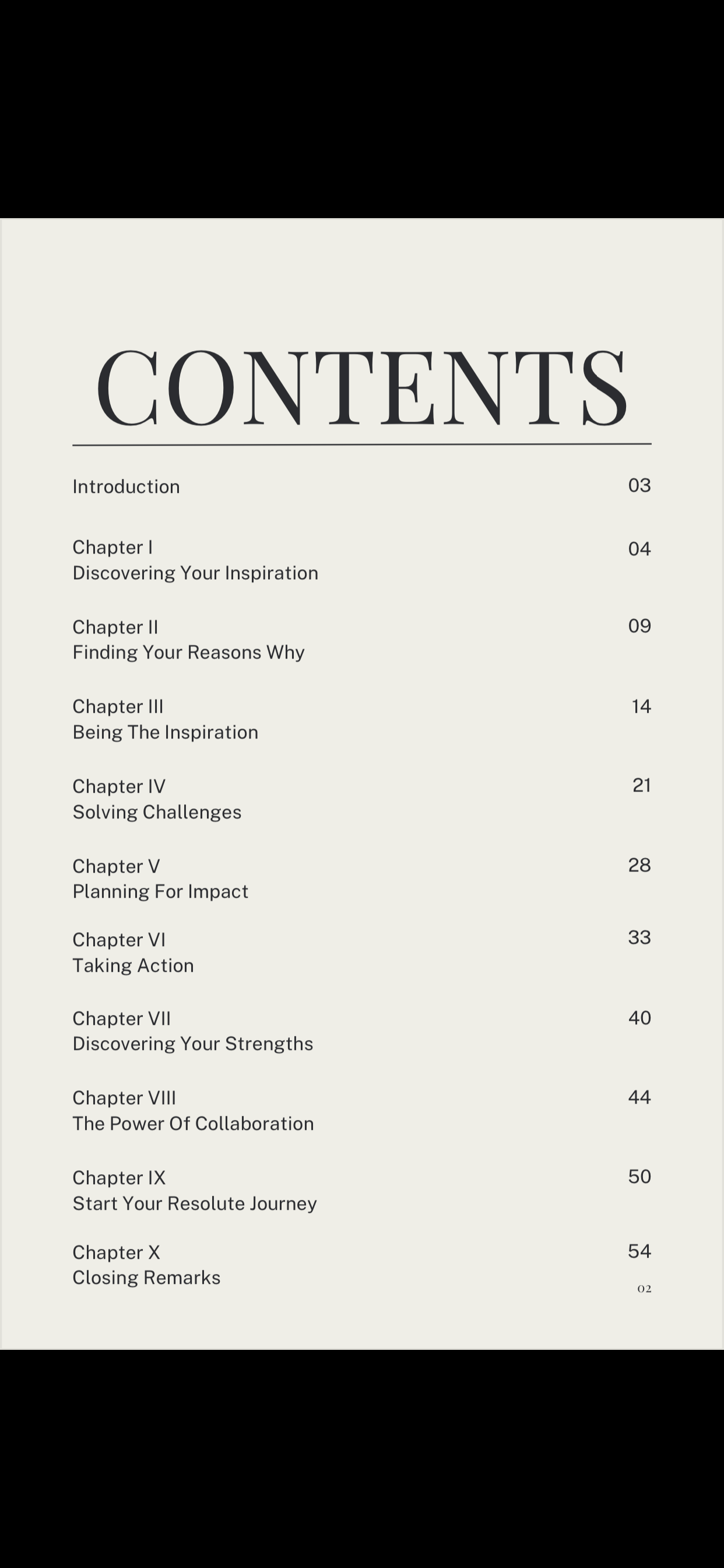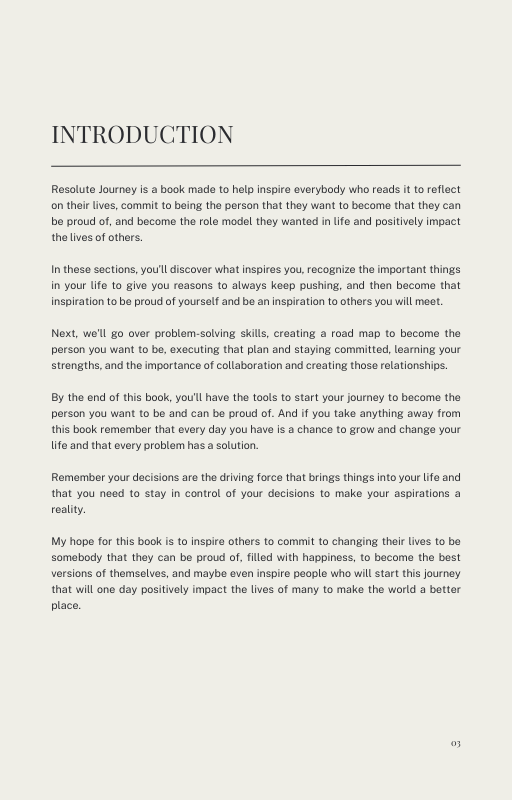Introduction
Personal development is a journey that empowers individuals to continuously evolve, grow, and unlock their full potential. Central to this transformative journey is the act of setting personal development goals. These goals provide a roadmap for self-improvement, giving life purpose, direction, and motivation. In this article, we'll delve into the significance of personal development goals and offer a step-by-step guide on how to create them effectively.
The Importance of Personal Development Goals
Setting personal development goals serves as a compass for life's journey, offering clarity and direction. Without them, we might find ourselves wandering aimlessly, reacting to circumstances rather than actively shaping our future. Goals provide motivation and inspire us to reach for our best selves. They offer a reason to leap out of bed each morning, fueling our passion to overcome challenges and persevere through obstacles. As we set, pursue, and accomplish our goals, we experience a sense of pride and fulfillment, building confidence in our abilities. However, not all goals are created equal; to be effective, they must be specific, measurable, achievable, relevant, and time-bound—commonly known as SMART goals.
Creating Effective Personal Development Goals
- Be Specific: Your goals should be well-defined. Avoid vague objectives such as "get in shape" and replace them with specific, targeted goals like "lose 15 pounds in six months by following a structured diet and working out three times a week."
- Make Them Measurable: Metrics and deadlines help you track progress. Instead of a generic "read more," opt for "read one book per month for a year." This way, you can clearly gauge success.
- Set Realistic Goals: While challenging yourself is essential, avoid setting objectives that are beyond your current capabilities. Unrealistic goals can lead to frustration and disappointment.
- Align with Your Values: Your personal development goals should resonate with your values and interests. Pursue goals that truly matter to you, rather than what may seem impressive to others.
- Write Them Down: Documenting your goals makes them more tangible and reinforces your commitment to achieving them. Keep a journal or use digital tools to track your goals and progress.
- Develop a Plan: Setting goals is just the beginning; you need a plan of action. Create a roadmap, breaking down your goals into smaller, manageable steps.
- Stay Accountable: Sharing your goals with a trusted friend, mentor, or coach can provide both support and accountability. Regular check-ins with someone you trust help you stay on course.
- Be Flexible: Life is unpredictable, and circumstances change. Be open to adjusting your goals as needed. Sometimes, pivoting or revising your goals is necessary based on new information or shifting priorities.
- Celebrate Your Achievements: Regardless of their size, take the time to celebrate your successes. Recognizing your achievements boosts your motivation and reinforces positive habits and behaviors.
Conclusion
Incorporating these principles into your goal-setting process can significantly enhance your personal development journey. As you strive for your best self, remember that your goals are the stepping stones that guide you to success, offering direction, motivation, and a tangible path to your ideal future.




